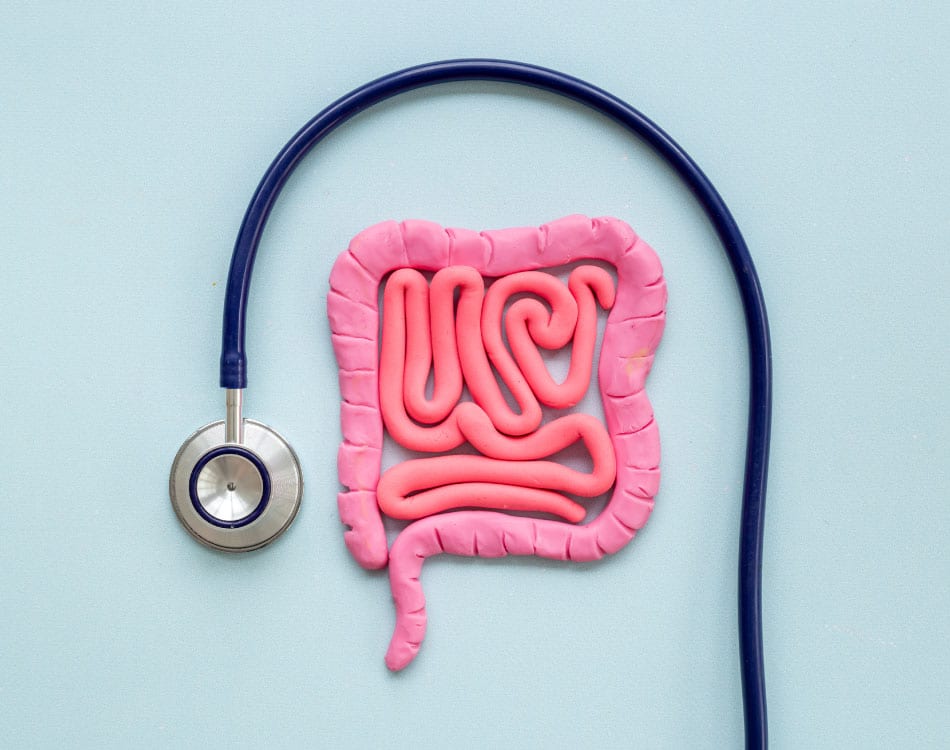Catching the flu can make life miserable, which is why a lot of advice related to immunity and health in winter focuses on prevention rather than cure.
Also, because the illness is caused by a virus and not a bacterial infection (secondary infections are not uncommon, though), a course of antibiotics won’t help cure an infection.
Flu symptoms include:
- Coughing
- A sore throat
- Sneezing
- Muscle aches
- Fevers
- Chills
- Vomiting
- Diarrhoea
These symptoms typically last for a week, with the most severe symptoms present for two to three days, in general.
And it is not uncommon to experience fatigue, weakness, and a cough for another few days after you’ve recovered.
However, there are numerous steps we can take to ease symptoms and support our immune system and body to possibly bounce back sooner from the dreaded flu this winter.
READ MORE | 3 Ways To Sidestep Colds And Flu This Winter
#1. Rest
The best thing you can do for your body and to support your immune system when fighting the flu is get more rest.
Stay home (this also stops you from spreading this highly infectious disease to others) and sleep as much as possible.
Taking a day-time nap is ideal but you should definitely turn in early to get extra restorative sleep at night – at least 7-9 hours.
And avoid any form of exercise and try to minimise all forms of stress in your life – your immune system already has its hands full fighting off the virus!
READ MORE | Restore Gut Health After Antibiotics
#2. Rehydrate
Your body – and your respiratory system in particular – needs fluid to deal with the symptoms commonly associated with the flu. Ensuring your body has sufficient fluid can speed up recovery by supporting blood volume, which circulates immune cells around your body to combat the virus.
When accompanied by a fever, any excessive sweating can also dehydrate you, which can make symptoms worse and could potentially prolong your infection. You can also experience vomiting and diarrhoea with the flu, which also serve to dehydrate you.
It is best to mainly drink water, with some added electrolytes periodically during your infection. You can also include herbal and conventional teas, adding some honey to help ease a sore or scratchy throat.
READ MORE | A Recipe For Enhanced Immunity
#3. Replenish
Your body needs more fuel and resources when it’s fighting an infection. While you might lose your appetite when you are sick, it’s vital to eat regular meals to provide the nutrients your body needs to support optimal immune function.
These nutrients include vitamins A, B6, B12, C, D, E, and folate, as well as minerals including zinc, iron, selenium, magnesium, and copper, and the omega-3 fatty acids.
A wide range of fresh fruits and vegetables are the ideal natural sources for these important vitamins and minerals, and other antioxidants that strengthen your immune system as it fights off a virus.
You can also turn to broad-spectrum vitamin complexes to conveniently meet your nutritional demands while you battle the flu.
READ MORE | The Struggle Is Real: Science Affirms That Man Flu Exists
#4. Relieve
Find ways to ease any congestion and help your body shift the mucus that can build up in your respiratory tract.
Use a nebuliser to provide relief from congestion. These devices turn liquid medicine into a mist, which it delivers via a consistent flow of pressurised air through a mouthpiece. Inhaling this air can provide quick relief by helping to reduce inflammation in the respiratory system and works to open airways to ease breathing.
Placing a vaporiser or humidifier in your room overnight can provide additional relief by adding moisture to the dry winter air. This extra moisture may help ease congestion and coughing and reduce irritation in the throat and upper respiratory tract.
You can get a similar benefit from a warm bath or shower as the moist steam fills the air in the bathroom. A hot bath is also a good way to relax and unwind.
And over-the-counter treatments available at Dis-Chem like expectorants or decongestants can also help to calm your hack and loosen up mucus.
READ MORE | The Dangers Of Training When Sick
#5. Reduce
Visiting a doctor as soon as symptoms start is the most effective way to reduce the duration of a flu infection.
Depending on your general health and other risk factors, a doctor may prescribe antiviral medication, which prevents the virus from growing and replicating.
Taking antiviral medications within two days of the onset of symptoms may reduce the duration of the flu by about a day as well as the severity of symptoms.
The doctor can also prescribe additional medicines to help ease symptoms and support your immune response.
Consuming additional vitamin C from high-potency supplements can get to you back to health sooner, too.
Studies show that vitamin C can make symptoms milder, including coughing or sneezing, a sore throat, a stuffy or runny nose, headache, fever, muscle aches or aching limbs.
Various studies also show that extra vitamin C – around 1 mg per day – can shorten an infection because this antioxidant is highly concentrated in immune cells and is consumed quickly during an infection. Giving the body more of it will help to support immune cells.
Additional supplements to consider in your flu-fighting approach include echinacea (specifically echinacea purpurea) and elderberry.
A small sample of studies show that echinacea can reduce the length and severity of infections by 10-30%, while one study showed that taking 4 tablespoons of elderberry a day for three days shortened flu symptoms by 56%.













